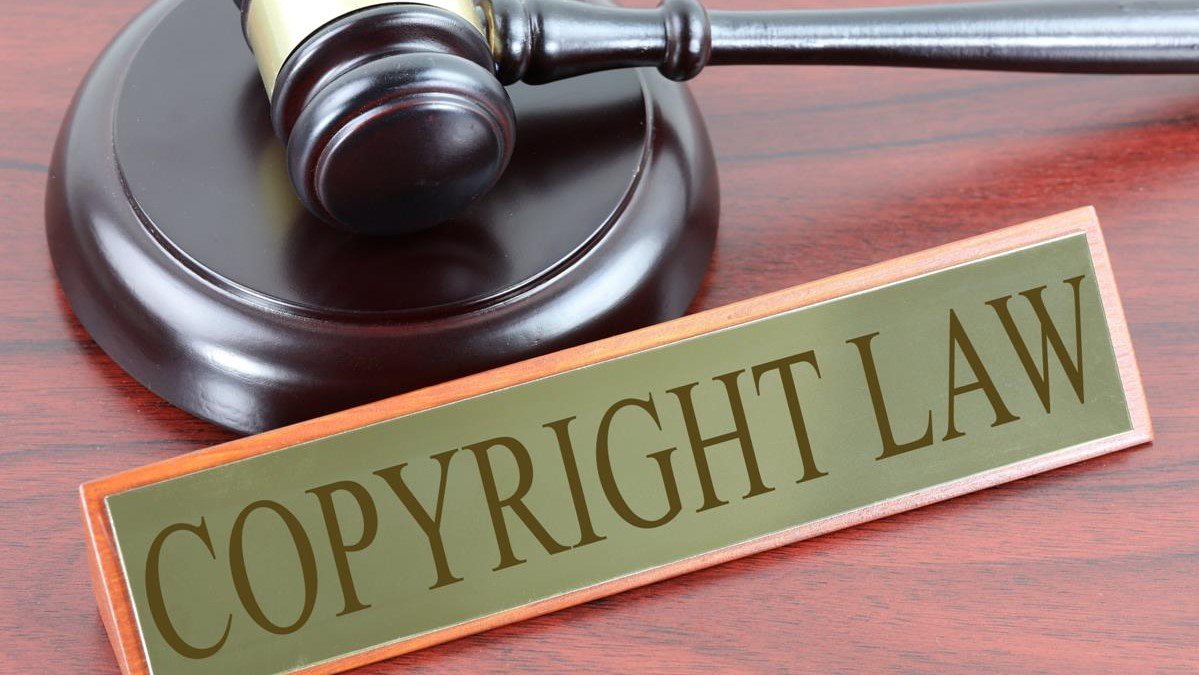Copyright gives the owner numerous economic rights. In order to reap the benefit of those rights you will need to know how to use your copyr...
Copyright gives the owner numerous economic rights. In order to reap the benefit of those rights you will need to know how to use your copyright effectively.
Copyright is said to be infringed if someone uses the whole or a ‘substantial part’ of a copyright protected work without the permission of the owner. In the situation where your copyright is infringed enforcing your right is therefore important.
Economic rights.
Economic rights give the copyright owner the opportunity to make commercial gain from the exploitation of his/her work. Copyright owners generally have the right to authorise or prohibit any of the following things in relation to their works:
- copying the work in any way. For example with lyrics or written music photocopying or reproducing a printed page by handwriting, typing or scanning into a computer, or taping live or recorded music, these are all forms of copying
- issuing copies of the work to the public
- renting or lending copies of the work to the public. However, some lending of copyright works falls within the Public Lending Right Scheme and this lending does not infringe copyright
- performing, showing or playing the work in public. Obvious examples are performing music, playing sound recordings or lyrics in public. Letting a broadcast be seen or heard in public also involves performance of music and other copyright material contained in the broadcast
- broadcasting the work or other communication to the public by electronic transmission. his includes putting copyright material on the internet or using it in an on demand service where members of the public choose the time that the work is sent to them
- making an adaptation of the work, such as by translating a literary or dramatic work, transcribing a musical work and converting a computer program into a different computer language or code.
- Copyright is infringed when any of the above acts are done without permission, whether directly or indirectly and whether the whole or a substantial part of a work is used, unless what is done falls within the scope of exceptions to copyright permitting certain minor uses.
Substantial part.
Copyright is infringed also where either the whole or a substantial part of a work is used without permission, unless the copying falls within the scope of one of the copyright exceptions.
A substantial part is not defined in copyright law but has been interpreted by the courts to mean ‘a qualitatively significant part of a work’ even where this is not a large part of the work. Therefore, it is quite likely that even a small portion of the whole work may still be considered a substantial part.
All the other economic rights also apply where the whole or a substantial part is to be used, but it is worth considering whether the use falls within the scope of any of the copyright exceptions.
Enforcing copyright.
Copyright gives the owner numerous economic rights and in order to reap the benefit of those rights you will need to know how to use your copyright effectively. Copyright is said to be infringed if someone uses the whole or a ‘substantial part’ of a copyright protected work without the permission of the owner in which case, your copyright is infringed and enforcing your right is therefore important.
Copyright is essentially a private right so decision about how to enforce your right, what to do when your copyright work is used without your permission, are generally for you to decide.
Where the whole or a substantial part of your work has been used without your permission and none of the exceptions to copyright apply, your copyright is said to have been infringed.
Although you do not have to, it will usually be sensible and save you time and money, to try to resolve the matter directly with the party whom you think has infringed your copyright. In some cases it may be necessary to show a court that you have tried to solve the matter with the other party for instance through mediation, before starting court proceedings, so keep records from the very start.
If you do go to court, the courts can:
- stop that person making further infringing use of the material by granting an injunction
- award the copyright owner damages
- make the infringing party submit to the copyright owner.
- Deliberate infringement of copyright on a commercial scale may be a criminal offence when additional remedies are also available.








